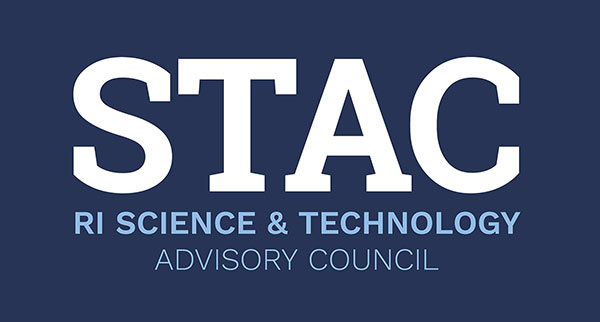URI Lecture Series, Part Five
Metcalf Institute for Marine & Environmental Reporting
Anthony Leiserowitz, director of the Yale Project on Climate Change Communication, gave his presentation, Climate Change in the American Mind, to a packed auditorium Friday June 8th. His presentation focused on American’s attitude on global warming, consensus, common misconceptions, and ways to better communicate the problem to the public.
If there is something that is well understood by Americans, and in many ways all people, it is icons and common, easy to follow messages. With a problem as multifaceted as global warming, the message seems to go in one ear and out the other. The lack of a common and easy to understand message has meant that Americans unwilling to commit to learning about it themselves are likely to see global warming as a hard to grapple with and sensitive subject. Those who do acknowledge humanity’s negative impact on the Earth often have misconceptions as to what global warming actually is. For instance, the hole in the ozone layer is not a contributing factor in global warming although many think it is. That is because two messages have been crisscrossed over the years and to many they have become one and the same.

From 2003-2007 there was a major shift in American’s attitude on global warming. During this time period, there were a few uncharacteristically cold years, a massive drop in global warming coverage by major news outlets, and more notably the politicizing of the issue and an effective denial industry. Conservative media outlets often hammered in messages of doubt on global warming. One of the more notable instances was “Climate Gate” where scientist’s at the University of East Anglia in the UK had their email accounts hacked. Conservative blogs immediately began citing that there were instances of misinformation being perpetrated by these scientists to the public. Eventually, eight investigations into the matter found no evidence of misconduct or fraud. Despite this fact, Fox News and other conservative media outlets held back that latter piece of info and Americans came away from the incident with the feeling that global warming may actually be a conspiracy by educated individuals. At a time when climate change was actually in the news, this was damaging for its awareness.
Americans, Leiserowitz explained, do not think often enough about global warming because they don’t perceive it to directly impact them. This, he said, is one of the biggest misconceptions. A growing body of evidence shows that climate shift impacts people’s health around the globe. The greenhouse gasses in our atmosphere multiply UV radiation that causes sunburns and cancer. Natural disasters caused by an out of balance and quickly changing climate mean more hurricanes and shifts in rainfall. Desertification, more devastating forest fires, and decreased rainfall in certain parts of the country are attributed to this.
Leiserowitz drew the crowd’s attention to a graphic of a study that there is a range of six different kinds of American attitudes towards global warming ranging from very alarmed to complete denial. It was found that the same people who leaned towards global warming awareness also had other liberal leanings while conservative viewpoints sometimes also corresponded to global warming denial or unawareness. People with an egalitarian world view that see importance in education, alternative energies, and human rights leaned towards awareness and alarm. People with a conservative world view that see importance in social issues, religion, and a negative view on government had a somewhat corresponding view on global warming that is the opposite of the liberal view however it is inconclusive in regard to global warming. So, despite the politicizing of global warming by politicians, people still gravitate towards what they agree is reasonable. Libertarians are often deniers of climate change because of the fear that acceptance of climate change will lead to government regulations to stop it and therefore more federal influence on our lives. Actually, most conservatives do in fact believe that climate change is being effected by human activity. This is important according to Dr. Leiserowitz, because it is often too easy to stereotype individual’s preferences based on which end of the political spectrum they lean towards.
Because data can be skewed, it is important to view the source of its presentation. Energy companies according to the study were the least trusted by Americans as sources of climate change information with 48 percent of respondents strongly distrusting. Also, sources with an interest in denying claims by climate scientists are often more vocal and effective at conveying a message than advocates for global warming awareness. Leiserowitz asked the audience when they got the chance to check out the comment section of news articles dealing with global warming to see just how many of the comments were of a dissenting nature; most of them even though only 10 percent of Americans, according to recent polls, deny global warming’s existence.
Anthony Leiserowitz urged the audience at the closure of his presentation to do their research and to help spread the message that climate change is a real threat. When taking questions he asked that common misconceptions not only about climate change but of each other should be broken down in a now more polarized political climate.
